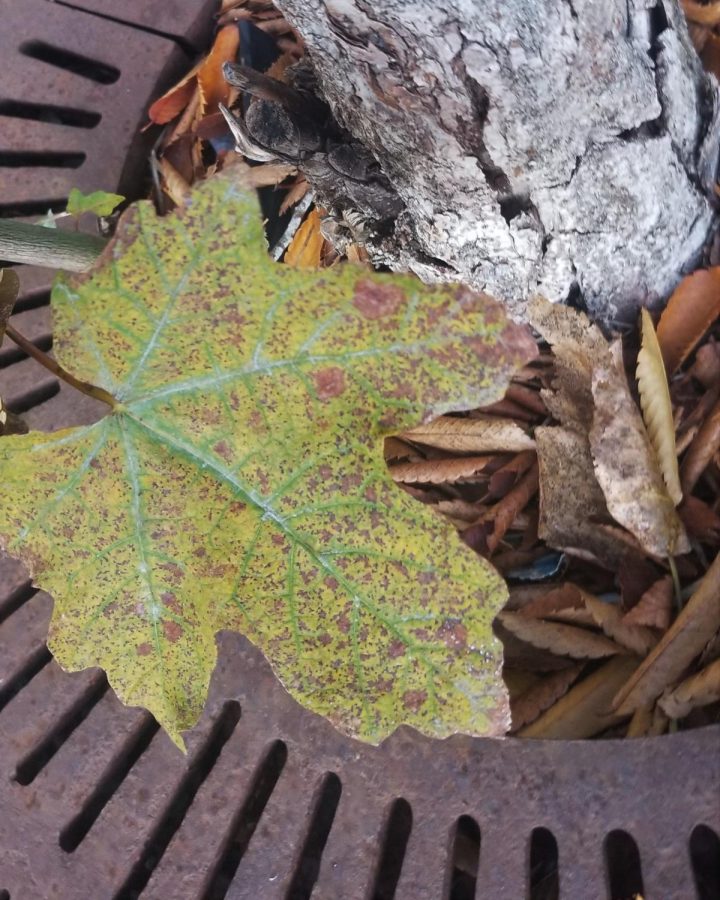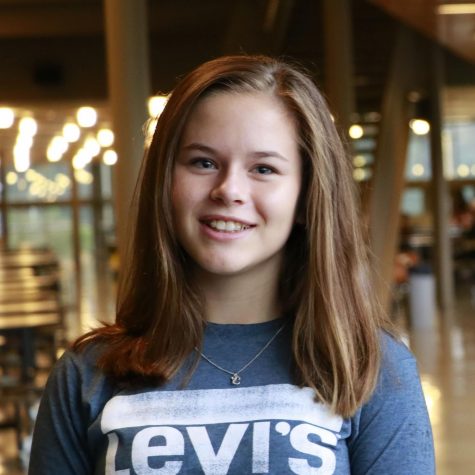Student Climate Activism on the Rise at IHS and around the World
YOUTH FOR ACTION ON CLIMATE CHANGE At Issaquah High School, student groups do what they can to fight the climate crisis. This followed a worldwide trend of youth climate activism.
October 1, 2019
On Friday, Sept. 20, 4 million people skipped work and school around the world to participate in mass protests, parading through some of the world’s largest cities to demand climate justice. This Global Climate Strike, organized by the student activist organization FridaysForFuture, made national headlines ahead of the UN Climate Summit on Sept. 23.
“Climate change is the biggest crisis that humanity has ever faced and should be a top priority,” says senior Diane Lee, president of Issaquah High School’s chapter of JSA, a student political debate and activism group. “I know a lot of people that disagree, but I do think that [the global climate strike] is effective. I think that anytime people gather for a cause that they believe in, it will have a ripple effect. Not necessarily in direct government action, but people leaving their jobs, their schools, to protest, that message is very impactful.”
This protest is the latest in a global trend of student activism surrounding the climate crisis. Young people worry that climate change will affect their future well-being and they have been among the most vocal proponents of the cause. At the UN Climate Summit in New York City, student activism made the news again when 16-year-old climate activist Greta Thunberg made a speech that was critical of world leaders’ responses to the climate crisis. She addressed the assembly by saying, “For more than 30 years, the science has been crystal clear. How dare you continue to look away and come here saying that you’re doing enough, when the politics and solutions needed are still nowhere in sight.” Addressing the impact of the younger generation she added, “You are failing us. But the young people are starting to understand your betrayal. The eyes of all future generations are upon you. And if you choose to fail us, I say: we will never forgive you.”
This mindset appears to be increasingly prevalent among young adults, who realize that it is their own future that is in jeopardy as a result of global warming. As a result, progressive youth leaders have been pressuring the people in power to make meaningful change. On Sept. 4, CNN hosted an unprecedented seven-hour televised town hall interview series exclusively on the climate crisis, consisting of back-to-back interviews with candidates for the Democratic presidential nominee. As questions were asked from the audience, the New York Times noted that “young people asked some of the toughest, most pointed questions of the night, holding Democrats’ feet to the fire at every turn.” Several of the young adults who asked questions at the town hall were members of the Sunrise Movement, a student-led environmental advocacy group.
This upspring in activism comes from a scientific study conducted by the United Nations. It concluded that there will be devastating, irreversible consequences on the environment if global temperatures rise 2°C, a number that we are quickly approaching. Experts have set the international goal to halt warming at 1.5°C by 2050. With this timeframe in mind, climate change will affect the younger generation most directly.
At Issaquah High School, some students are finding their own ways to contribute to climate activism. The Issaquah Green Team plans to focus on improving the school’s composting this year. The contents of IHS compost bins at lunch currently go to the landfill because students often mix up compostables and trash, and Green Team wants to change that. Senior Dhreeti Rathore, Green Team’s outreach lead, hopes that they can launch an effective initiative to raise awareness about what can be composted.
Meanwhile, JSA also strives for climate activism at IHS. They hold climate debates every year with Green Team and connect students to activism events. But even Lee admits, “We could do more.”
Junior Aditi Pauls believes that climate change is “the biggest issue facing our country,” but admits that, at IHS, there is not much to do. Sophomore Cristiana Mateas adds, “I don’t think any current habits need to change. There’s nothing in my power to help change.”
Lee, however, believes that there are multiple ways for students in Issaquah to help. “Find opportunities for activism, volunteer with your local community, and thrive to live more sustainably…Be aware of where you shop, what you’re eating, what your carbon footprint is. Just be aware of the problem.” Big or small, students have opportunities to work towards a better future for the planet.




